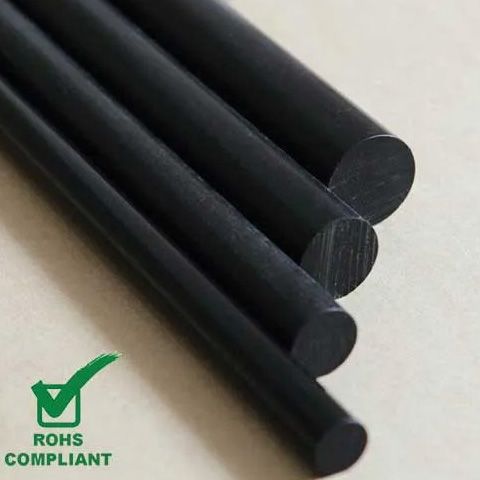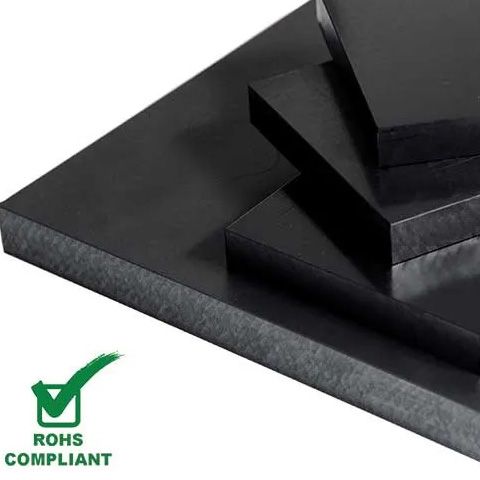HDPE Plastic

HDPE | NATIONAL ENGINEERING PLASTICS
High-Density Polyethylene (HDPE) is a sturdy, highly tensile plastic that falls within the semi-crystalline polyethylene family. It boasts a linear structure with minimal branching, resulting in an optimal strength-to-density ratio. HDPE is widely used across various industries due to its resistance to extreme temperatures. It finds applications in films, tubes, plastic components, laminates, and more. Notably, it is favored in the mining, oil/gas, agriculture, marine, chemical storage, and food sectors.
Brand: Dynex.
PERFORMANCE CHARACTERISTICS:
- Easy to fabricate and machine
- Low moisture absorption
- Excellent surface for food preparation
- Good chemical and corrosion resistance
- Low weight
- FDA approved
- UV resistant
- Slow crack growth resistance
- Easy to weld using thermoplastic welding equipment
HDPE IS USED FOR:
- Chemical tanks
- Plastic bottles
- Orthotics and prosthetics
- Light duty tank
- Chute and bin linings
- Outdoor cabinetry and furniture
- Water pipe flanges
- Cutting boards for food preparation
- Outdoor and indoor playground system
- Marine construction (pile guards, bumpers, anti-skid surfaces)
FAQs about HDPE:
- Is HDPE harmful? The production and use of HDPE do not result in harmful emissions. Furthermore, HDPE does not release any chemicals into the soil or water.
- Is HDPE flexible? Yes, HDPE is flexible. However, it is more rigid than Low-Density Polyethylene (LDPE).
- What is the strength of HDPE? HDPE boasts a remarkably high strength-to-density ratio. Its density can range from 930 to 970 kg/m³.
- Is HDPE recyclable? Yes, HDPE is one of the most commonly recycled plastics worldwide.
- What are the limitations of HDPE? While HDPE has many benefits, it also has some limitations. These include poor temperature capability, high thermal expansion, limited weathering resistance, susceptibility to stress cracking, and difficulty in bonding.
- Remember to keep these points in mind when considering the use of HDPE for specific applications.
- Does HDPE have UV resistance capabilities?: HDPE has good UV resistance, which makes it suitable for outdoor applications.
- Is HDPE food safe?: HDPE is considered safe for food contact applications, making it suitable for use in the food and beverage industry.
- Does HDPE hae electrical insulation properties?: HDPE has good electrical insulating properties, which makes it useful in a variety of electrical applications.
- What about its durability?: HDPE is known for its durability and can withstand high impact forces, making it suitable for heavy-duty applications.
- Is HDPE cost-effective?: HDPE is generally more cost-effective than many other high-performance plastics, making it a popular choice for many industrial applications.
To find out how to become a trade customer and get access to the most competitive pricing, please call 1300 406 587 or click here to register.
DISCLAIMER: Please note, it is always the responsibility of the client to verify that the materials meet their specific requirements.






